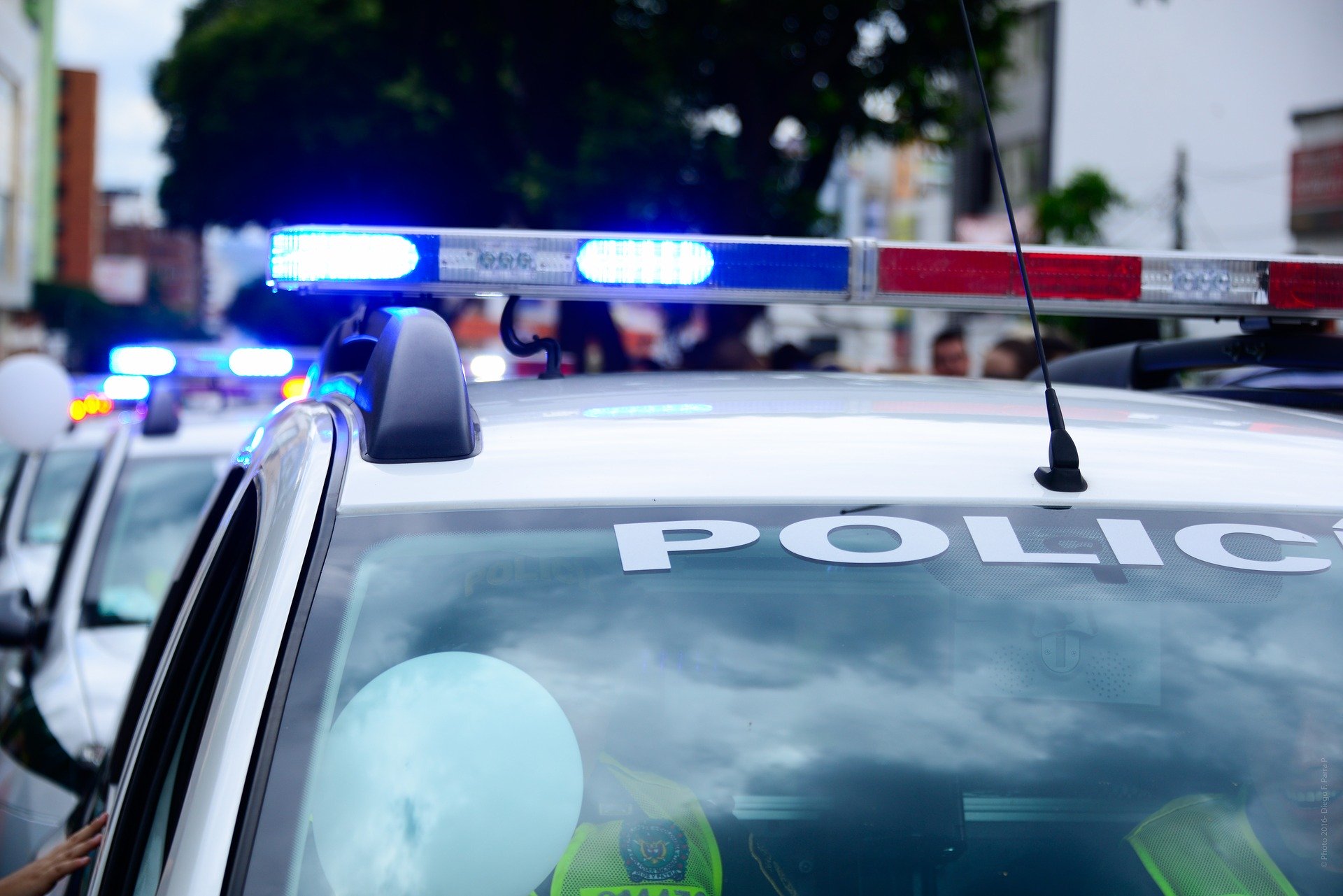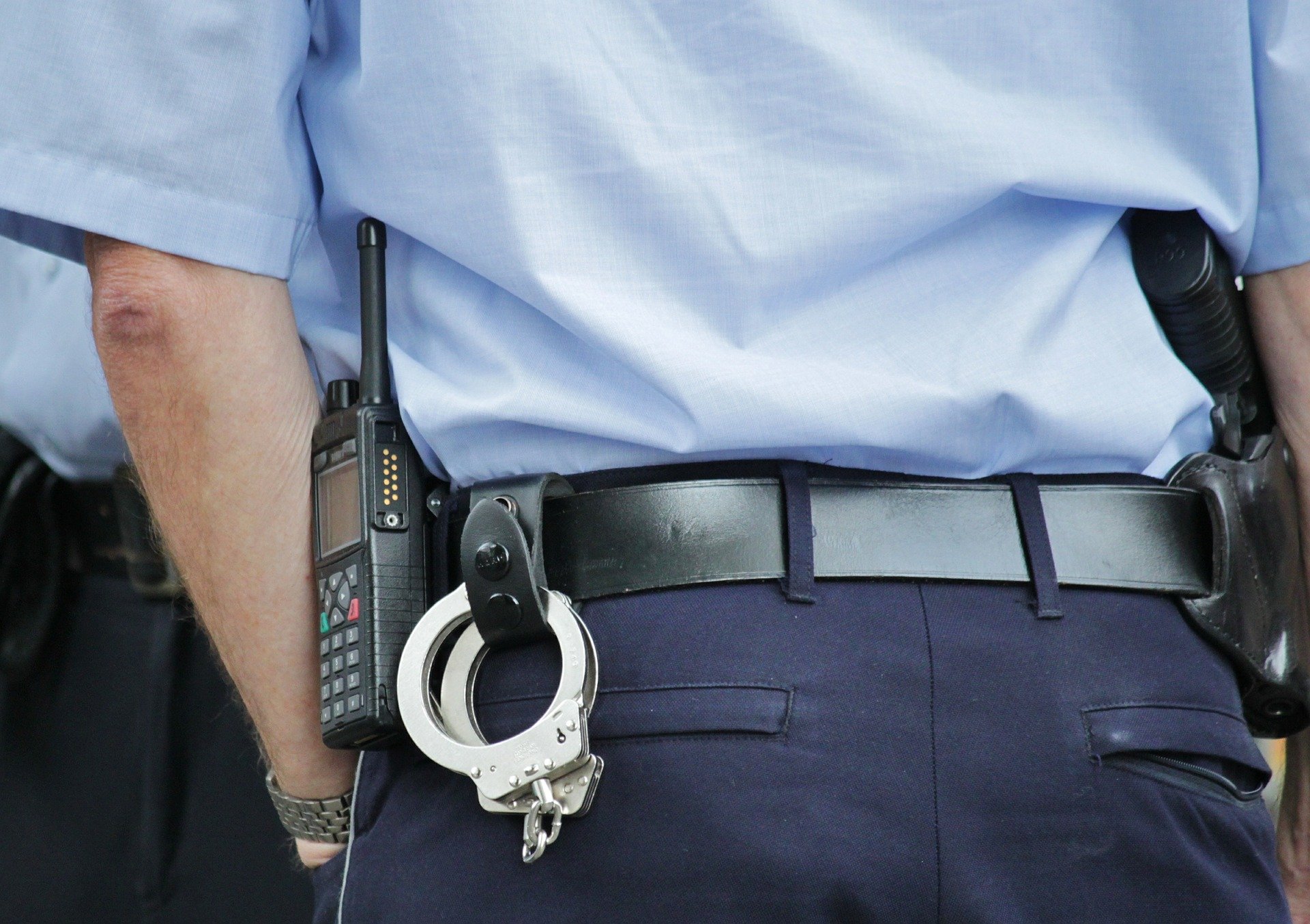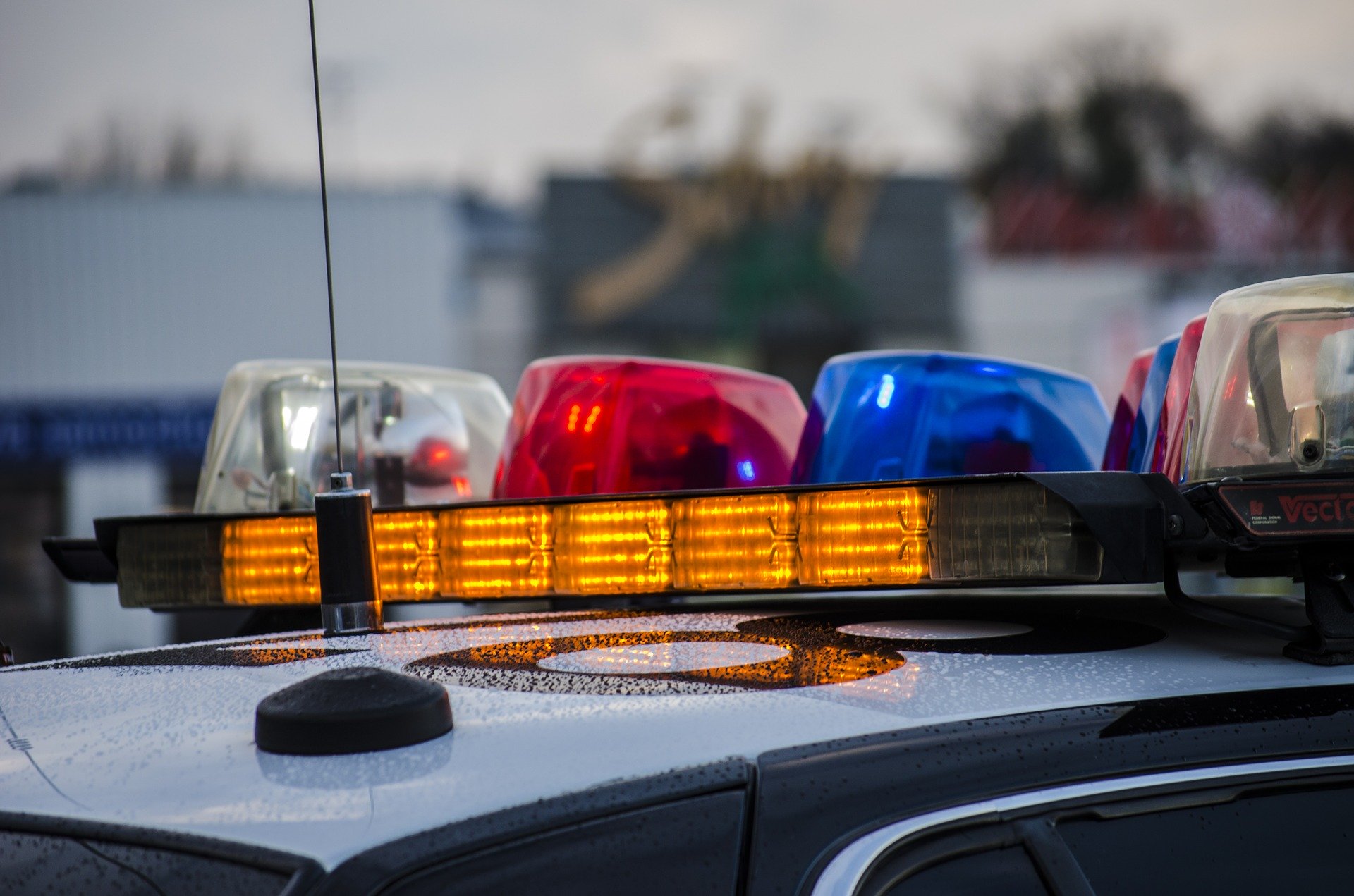DUI checkpoints are stationary roadblocks set up by law enforcement to serve two main purposes: Catching impaired drivers and deterring impaired driving. However, it may come as a surprise that deterring impaired driving is actually the main purpose of the two. Because of the laws set in place for DUI checkpoints, they are not actually all that effective in catching impaired drivers in the act. As will be explained throughout this article, drivers have many rights when it comes to DUI checkpoints, including the right to avoid them entirely.
Are DUI Checkpoints Legal?
Yes, DUI checkpoints are legal. However, they are only legal as long as they follow a strict set of guidelines set up by the State of Pennsylvania. These guidelines include laws regarding the:
- Length of stops
- Advanced notice of checkpoint locations
- Identification of all personnel involved
- Documentation of the checkpoint
- Administrative approval, and
- Methodology used to conduct the checkpoint
The main rule among this set which directly affects drivers is the limit on the length of stops. When you enter a checkpoint, you are only allowed to be stopped and talked to for a short period of time unless they have a reason to suspect you have committed a crime. The advanced notice of checkpoint locations allows for motorists to know where checkpoints are located ahead of time so they can avoid them if they so choose. But it also serves the administrative purpose of restricting the checkpoints to where the police say they are going to be.

Rules regarding personnel identification, documentation of the checkpoint, administrative approval, and methodology of the checkpoint all serve administrative roles. Basically, if the checkpoint has been approved by an administrator and the police stick to that plan, then it is legal. However, if anything about the checkpoint does not match up with what was initially approved, or if it was not approved to begin with, its legality can be called into question.
If a checkpoint is deemed illegal, evidence gathered from it can be suppressed. This also applies to individual stops during a checkpoint. Evidence which can be suppressed includes field sobriety test and blood alcohol content test results.
What are My Rights at a DUI Checkpoint?
When it comes to your rights at a DUI checkpoint there are three things you need to keep in mind: You do not have to talk to the police officers, Pennsylvania has implied consent laws, and it is legal to avoid checkpoints.
Assertion of Rights
When you pull up to a checkpoint, you are required to roll down your window so the police officer can ask you some questions. However, you are not legally required to answer these questions. If you choose not to answer the officer, you should present them with a printed Assertion of Rights which states this. Talk to a lawyer for more information about what is needed in an Assertion or Rights and what effects this may have on the rest of the stop.
Implied Consent Laws
In Pennsylvania, when you receive a driver’s license you also consent to traffic stops and the field sobriety tests which may result from them. This implied consent applies to DUI and other police checkpoints as well. However, if an officer asks you to undergo a field sobriety test, you may technically refuse. This is generally not recommended, though, because refusal to submit to a field sobriety test will likely result in the suspension of your license.
Avoiding DUI Checkpoints

As previously stated, avoiding a DUI checkpoint in itself is legal. However, once you have entered the checkpoint, turning back is no longer an option. For this reason, you will need to avoid the checkpoint before you reach it. But how you avoid the checkpoint is also important. You may make any legal turn to avoid the checkpoint. U-turns are allowed as long as there is no sign saying otherwise, and you must use your turn signal.
Avoiding a checkpoint is not a crime, but officers will be watching for vehicles that choose this option. As long as you do everything legally, you will not have any issues. But if you were to make an illegal U-turn to avoid the checkpoint, they would be within their rights to pull you over for a traffic violation. Generally there will be a (potentially hidden) officer stationed at some point before the checkpoint to perform these stops. This officer will be looking for people who toss things out of their vehicles while approaching the checkpoint, or who illegally evade police. As long as you do neither of these things, you will have no issues.
Conclusion
DUI checkpoints are legal as long as police follow all the guidelines set out for them by the State of Pennsylvania. And, avoiding DUI checkpoints is also legal as long as you do not break any other laws while doing so. When you are progressing through the checkpoint, you also have rights, such as the right to refuse a field sobriety test. However, keep in mind that Pennsylvania is an implied consent state, so refusal to submit to these tests may result in the suspension of your license.
Law Office of Robert L. Schwarz
If you have been detained by police at a DUI checkpoint, or while in the process of avoiding one, you will need the help of an experienced criminal defense attorney. Contact my law office today for a free consultation regarding your case.
